NOTE: The Industry Panel for HRI Pioneers 2023 is still in the process of being finalized.
Keynotes
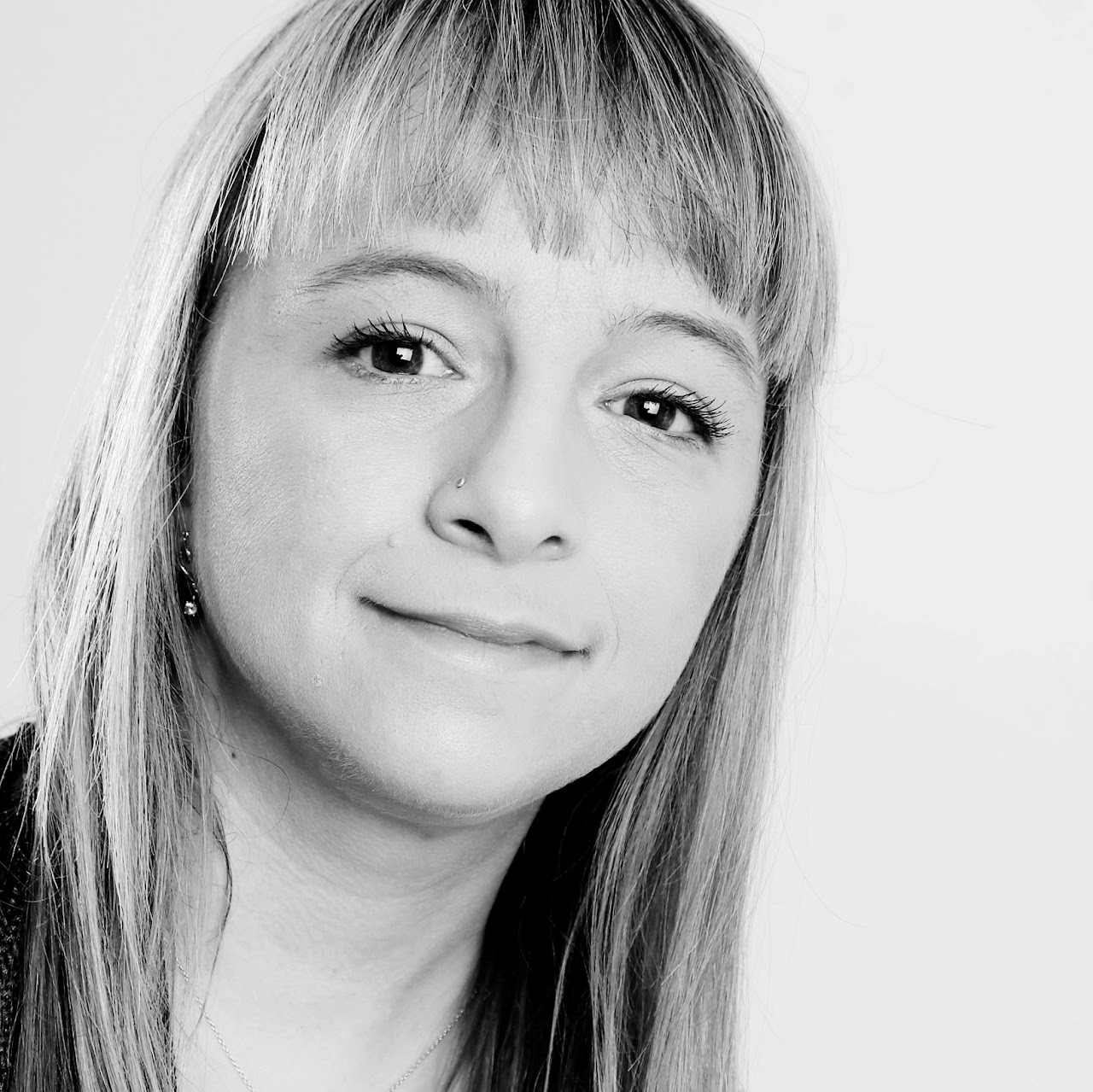
Sabine is Associate Professor of Swarm Engineering at University of Bristol. She leads a team of 20 researchers working on making swarms for people, and across scales, from nanorobots for cancer treatment, to larger robots for environmental monitoring, or logistics (https://hauertlab.com/). Before joining the University of Bristol, Sabine engineered swarms of nanoparticles for cancer treatment at MIT, and deployed swarms of flying robots at EPFL. She’s PI or Co-I on 30M GBP in grant funding and has served on national and international committees, including the UK Robotics Growth Partnership, the Royal Society Working Group on Machine Learning and Data Community of Interest, the Open Source Robotics Foundation Board of Directors, and several IEEE boards. She is President and Executive Trustee of non-profits robohub.org and aihub.org, which connect the robotics and AI communities to the public. As an expert in science communication, she is often invited to speak with media and at conferences (over 50 invited talks).
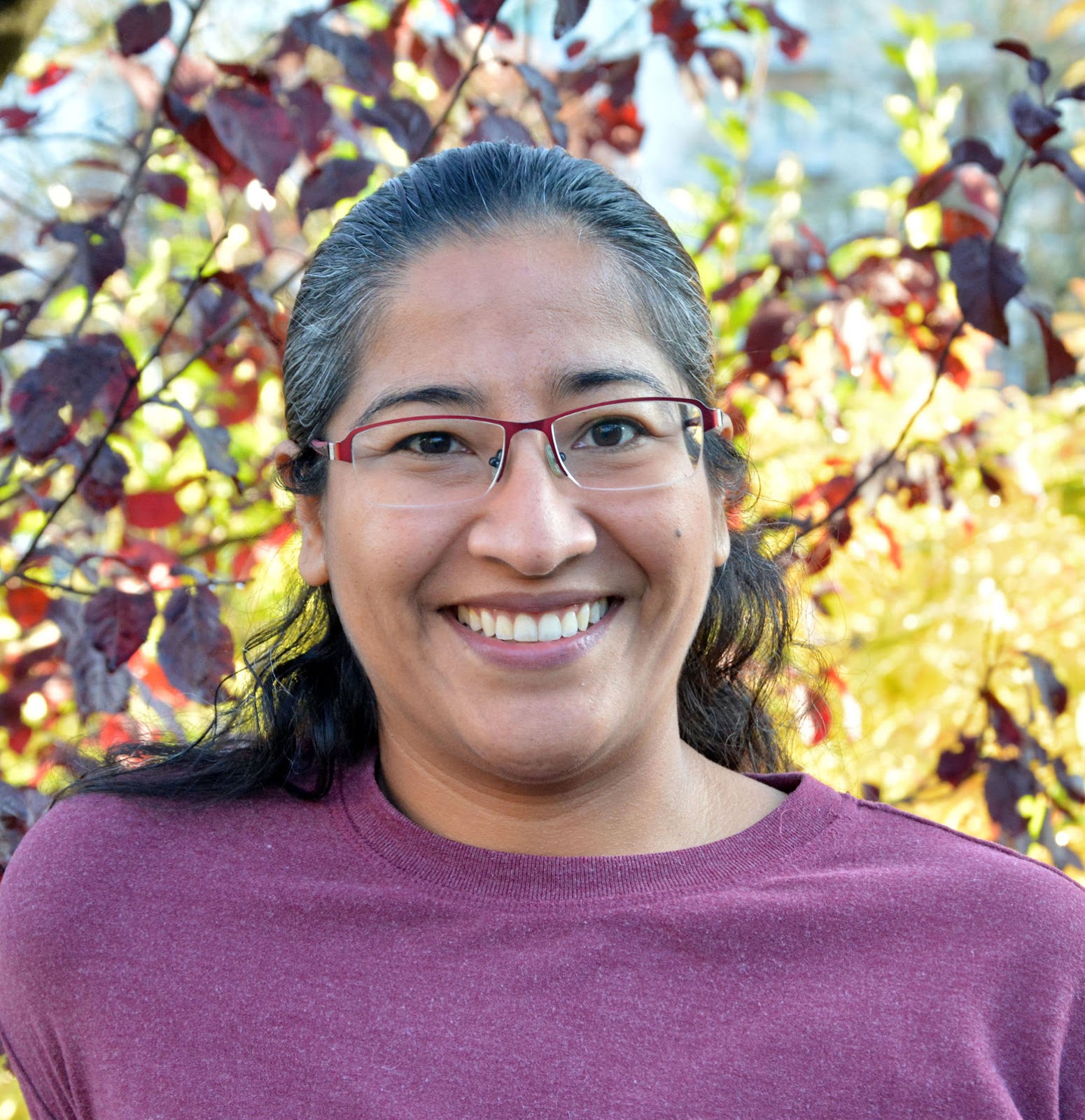
Karinne is an Associate Professor at the Department of Electrical Engineering at the Chalmers University of Technology since 2022. In 2019, she became an Assistant Professor at Chalmers in the research group Mechatronics. Previously, she was a post-doctoral researcher at the Chair for Cognitive Systems at the Technical University of Munich (TUM). She completed her Ph.D. (summa cum laude) at the Department of Electrical and Computer Engineering at the TUM, Germany in 2015. She received the Laura Bassi award granted by TUM and the Bavarian government in 2015, also in that year she received the price of excellent Doctoral degree for female engineering students, granted by the state of Bavaria, Germany. In 2011, she received the Google Anita Borg scholarship. Her research interests include Semantic Representations, Interpretable methods, and Human Activity Recognition and Understanding.
Academic Panel
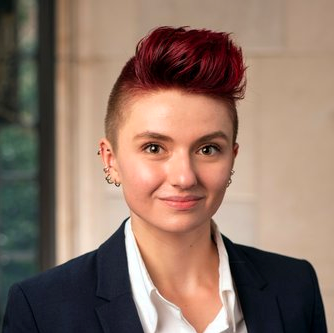
Tesca is an Assistant Professor in Yale’s Computer Science department. Her research is centered around interactive robot learning. As robots become more commonplace in human environments, they will need to adapt to novel task variations that they have not been trained to address. Tesca develops algorithms that allow a robot to structure and interpret its interactions with a human teacher in order to adapt its task knowledge to novel situations. By enabling a robot to ask for help in addressing unfamiliar problems, her work contributes toward a future of adaptive, collaborative robots. Before joining Yale, she was a postdoc at CMU with Henny Admoni, Reid Simmons, and Aaron Steinfeld. She completed her PhD at Georgia Tech in 2020, advised by Ashok Goel and Andrea Thomaz. Her dissertation research focused on using human interaction to enable a robot to transfer task models to new environments.

David is a Research Associate at Stanford University's Center for Design Research, where he focuses on design methodology, as well as the design of physical interactions between humans and robots, and autonomous vehicles and their interfaces. He is also a Lecturer in Mechanical Engineering, where he teaches interactive device design. David frequently collaborates with, and consults for, local Silicon Valley and global technology companies including Siemens, SAP, TRI, and Microsoft Research. He grew up in Florida, near the Everglades, and in Maine, near the lobsters.

Harold is an Assistant Professor in the Department of Computer Science at the National University of Singapore (NUS), where he directs the Collaborative Learning and Adaptive Robots (CLeAR) lab. He completed his Ph.D. at Imperial College London on online learning for assistive robots with Yiannis Demiris. Harold’s current research focuses on machine learning and decision-making for trustworthy collaborative robots. His work, which spans cognitive modeling (human trust) to physical systems (tactile perception with e-skins), has been recognized with a best paper awards and nominations. He has served on the HRI committee in several different roles and is an Associate Editor of the ACM Transactions on Human Robot Interaction and Robotics Automation and Letters (RA-L). Harold lives in Singapore with his wife and two rambunctious children. In his precious free time, he enjoys reading science fiction with a glass of wine.
Industry Panel
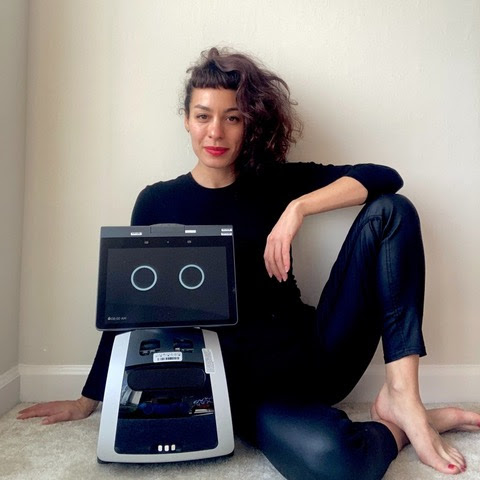
Patrícia is a Senior UX Designer for the Astro robot at Amazon Lab126. She designs interactions for social robots that empower and enhance human health and education. Her interdisciplinary background unifies the fields of robotics, design, and psychology. Patricia was a Postdoctoral Research Associate at the Computer Science and Engineering Department at the University of Washington. She received her Ph.D. from ISCTE-University Institute of Lisbon and spent time at Cornell University as a Visiting Graduate Scholar. Her research received two Best Paper Awards at the International Conference on Human-Robot Interaction. She co-founded Talking Robotics and is now a volunteer in Open Style Lab.
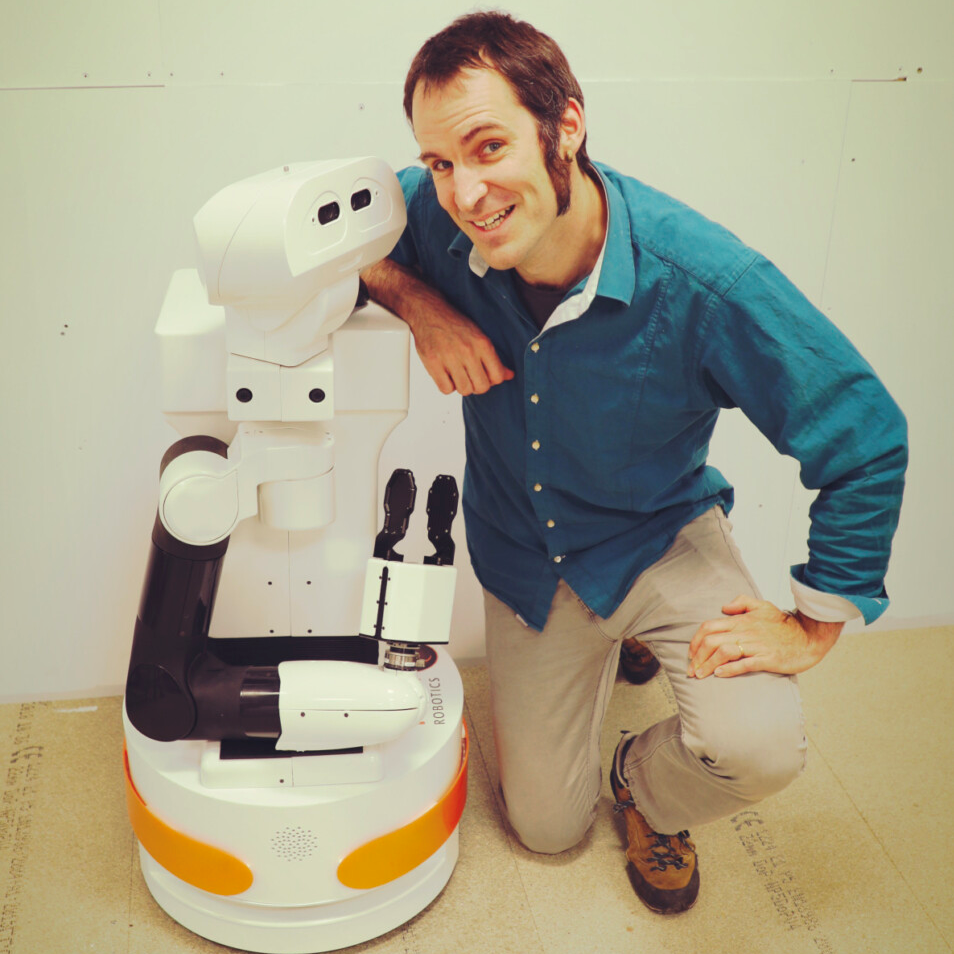
Séverin has been Senior Scientist at Barcelona-based PAL Robotics. He leads the Social Intelligence team, in charge of designing and developing the socio-cognitive capabilities of robots such as TIAGo and ARI. He was previously Associate Professor in Social Robotics and AI at the Bristol Robotics Laboratory, University of the West of England, Bristol. He obtained a joint PhD in Cognitive Robotics from CNRS/LAAS (France) and the Technical University of Munich (Germany) in 2012. He then joined the EPFL (Switzerland) and Plymouth University (UK) as post-doc, then lecturer in Robotics until 2018, when he joined the Bristol Robotics Lab. His research interest primarily concerns the socio-cognitive aspects of human-robot interaction and he has focused his recent experimental work on child-robot interaction and human-in-the-loop machine learning for social robots. Séverin Lemaignan has been involved in several European projects related to social and cognitive robotics (SPRING, SHAPES, DREAM,…) and was awarded in 2015 a EU H2020 Marie Skłodowska-Curie Individual Fellowship for his project on robots and theory of mind.
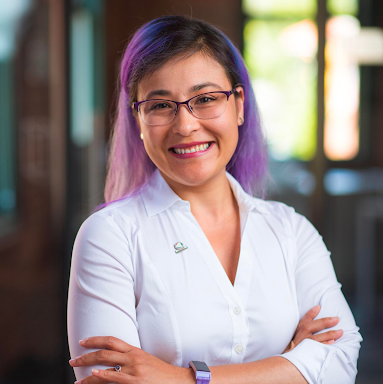
Kate is manager of the HRI Research team within the Robotics division at Toyota Research Institute (TRI). She has 15 years of experience in HRI research and leads the HRI team and university collaborations. Her research focuses on people's trust towards home robot helpers and using robotic technology to help older adults with social isolation and loneliness. Kate holds a Ph.D. in computer science from the University of Massachusetts Lowell (2014) and was a postdoctoral associate at Yale University (2014-2016). Kate has developed robotic systems and user interfaces and interactions for people with cognitive and motor impairments as the target end-user, including a vision-based wheelchair-mounted robotic arm, social telepresence robots named Hugo and Margo, and a socially assistive robot named Maki. Over the last decade, she has worked with clinicians and end users from several special populations, including children with Autism Spectrum Disorder, teenagers and young adults with Cerebral Palsy, adults and seniors with Brain Injury, and deaf infants. Her human-robot interaction and human-computer interaction research interests stem from the cross section of computer science, robotics, and assistive technology. Kate is passionate about increasing the quality of life for all people using robotic devices.
Important Dates
- October 8th, 2022
- Applications open
- November 3rd, 2022 (11:59 PM AOE)
- Submission deadline
- December 19th, 2022
- Notification of acceptance
- January 9th, 2023
- Camera-ready deadline
- March 13th, 2023
- HRI Pioneers Workshop
- March 13th-16th, 2023
- HRI Main Conference